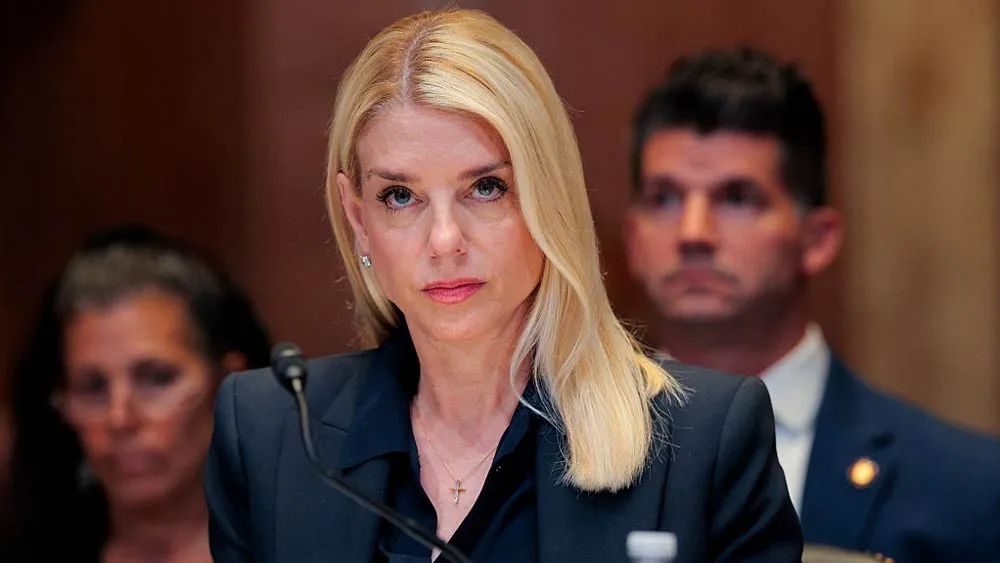September 5, 2016
Discussing Depression and Disability in the LGBT and Black Communities
Belo Cipriani READ TIME: 4 MIN.
Depression is common. But more common is the fact that, as a society, we don't openly talk about depression and its impact on our communities. And while depression is very debilitating, and is recognized as a disability by the Americans with Disability Act (A.D.A.), its constant misunderstanding causes people who suffer from it to be misjudged.
For Anthony J. Williams, a 27-year-old, Black, cisgender, queer man, with depression and anxiety, it wasn't until very recently that his disability was formally identified.
"I've dealt with depression since I was about 14 years old, was first diagnosed with mild depression when I was about 22, and, this last year, was 'officially' diagnosed with depression and anxiety," said Williams.
But even though Williams has struggled with depression, and admits that his disability has caused a few missed opportunities, his condition has also served as a catalyst. He said, "One of the privileges of being a high functioning depressive is that the pressure of external motivation usually pushes me to achieve, even if it means burning myself out more than I planned."
Williams believes that a lot of peple think depression is not as serious as ads make it out to be. He shares, "I think too many people think we're faking it, or that it isn't as bad as we claim. When we think of depression, there is often a stock photo that pops to mind of someone who is gloomy, grumpy, and potentially suicidal. We, as a society, need to recognize that there are high functioning depressives like myself."
Williams is a University of California, Berkeley alumnus, and now works for his alma mater as a research assistant for the school's equity and inclusion division. Additionally, he is a community organizer and mental health advocate, and, through Twitter, he has sparked conversations around toxic masculinity and Black excellence with the hashtags #MasculinitySoFragile and #BlackWomenDidThat. Williams is now working with Black women and others to develop #BlackWomenDidThat into a larger movement, so that everyone can learn about Black women's past and present accomplishments. Williams is also an actor and had a small role in the movie "The Diary of a Teenage Girl" - a film that discusses the complexities of a young girl's sexuality in the 1970s.
As a mental health advocate, Williams openly talks about his depression, anxiety, and his experience with antidepressants through articles and social media -- something he feels has been well-received, as there is a huge need for such conversations, especially in the LGBT-plus and Black communities.
"The fascinating thing about depression is that both LGBTQIA-plus and Black communities deal with it, but we are often reluctant to talk about it. Anecdotally, I've noticed that many of my Black and/or queer friends don't talk about it and instead choose to self-medicate through drugs and alcohol," Williams points out.
"On a broader level, there is a notion within the Black community that we must remain strong and never let them see us fail. 'Them' being the anti-Black world, and often the very white world that only cheers for us when we're exceptional and sees any weakness as proof that we are inferior."
Williams is quick to note that while the LGBT-plus and Black communities do not freely discuss mental illness, he has received support from his friends and family, who largely include people from these groups. Still, he believes both communities have room for growth in this space.
"Both the LGBTQIA-plus community and the Black communities could be more inclusive of people with mental or emotional disabilities, by first recognizing the impact we have on others, particularly with our language. One thing that I've learned, from being such a frequent Twitter user, is about the discourse on ableism and inclusion. Too often [we are] using ableist slurs, because we don't think it's a big deal. I also notice that there is a lot of disrespect for people's pronouns, and when we have folks who are experiencing gender dysphoria-induced depression, getting their gender pronouns right can potentially alleviate some of that stress. But the largest thing that my communities can do? Recognize that mental and emotional disabilities exist, they aren't going away, and that people within our own communities have them. Disability is not something that lives outside of the Black or LGBTQIA-plus community. It is something that many of us within these communities deal with on a daily basis."
Williams' future goals include more writing, more tweeting, and grad school. In a few years, he hopes to be mentoring and teaching. To get in contact with Anthony J. Williams, you can reach him on Twitter at @anthoknees.
Belo Cipriani is the award-winning author of Blind: A Memoir and Midday Dreams. He's a disability advocate, the spokesperson for Guide Dogs for the Blind and the national spokesman for 100 Percent Wine - a premium winery that donates 100 percent of proceeds to nonprofits that help people with disabilities find work. Learn more at www.belocipriani.com

 Copyright South Florida Gay News. For more articles, visit
Copyright South Florida Gay News. For more articles, visit 
